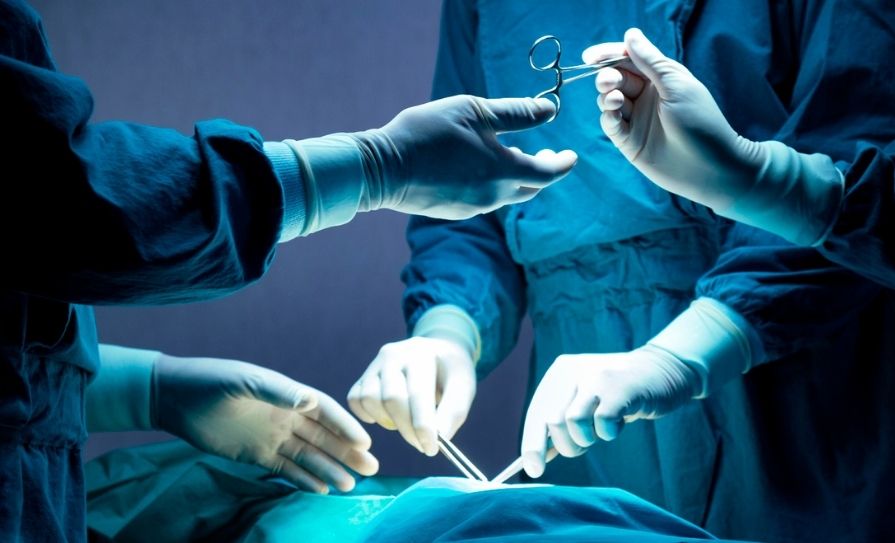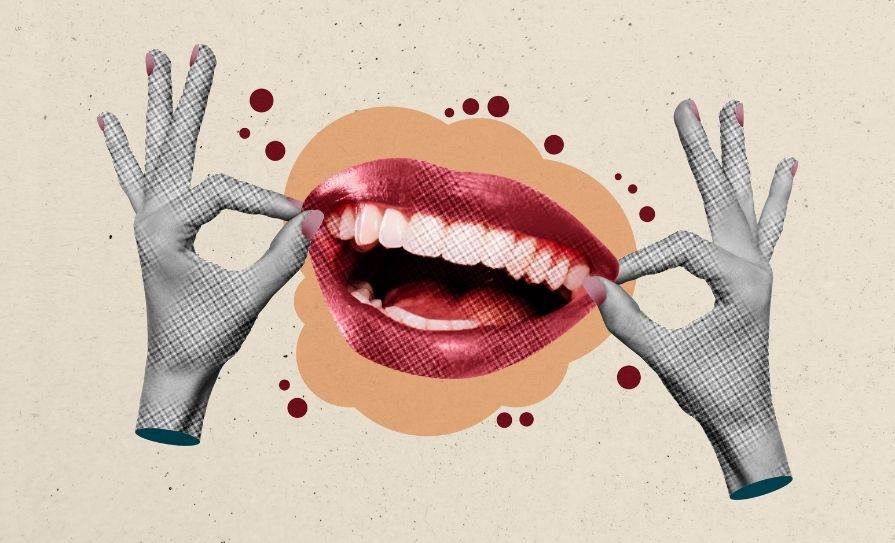This issue’s Dorsal View is dedicated to the 10 per cent of us, give or take a couple of per cent, who are left-handed. Surely in this age of enlightenment and tolerance, it would be unthinkable for someone to be discriminated against because they are ‘lefties’? There might be one or two studies to surprise you, particularly if you are left-handed and thinking of becoming a surgical trainee.
Historically, as we know, left-handers have had a raw deal and some of the discrimination against them in days gone by was pretty shocking. Some of these attitudes were propagated by doctors themselves. In 1999, Senior Registrar for the Elderly Dr TA Roper wrote in the BMJ how a lot of students are taught to begin their examination on the right-hand side of the bed. This, it is argued, automatically favours the right-handers of this world.
“Some doctors may remain sceptical,” writes Dr Roper. “Those right-handers who have difficulty empathising should try palpating abdominal organs with their left hand, or recall the difficulties they had (or still may have) examining the left eye during fundoscopy. When faced with a lack of access to the right-hand side of the bed, would these doctors move the patient or even the bed?”
Dr Roper goes on to argue that when it comes to the clinical examination, tradition is to blame, but “there is no reason why a high standard of clinical examination cannot be performed from the left-hand side of the bed, using the left hand…. The radial artery can be assessed by the left hand, the jugular venous pulse with the left eye dominant, the tendon reflexes elicited with the left hand, etc. Some modification would be required for the asymmetrical organs, such as the heart, liver, or spleen.”
Historically, left-handed children faced particular difficulties and the discrimination was common. Left-handers were forced to write or perform other tasks with their right hands, on the assumption that there was ‘something wrong’ with them. In centuries gone by, there was also a chance you could be accused of witchcraft simply for being left-handed.
The cultural hangovers still exist – the word ‘sinister’ is derived from the Latin word for ‘left’ or ‘left-hand side’. We still use the term ‘two left feet’ to describe someone who is clumsy on their feet, and the French word gauche, as well as meaning simply ‘left’, is often used to describe somebody as unsophisticated or socially awkward. Even to this day, in some countries it is considered rude to eat with the ‘unclean’ left hand. Come to think of it, the brief description of this column at the top of this page as being ‘from left field’ is the dictionary translation of “slightly odd or unusual” (Collins Dictionary).
But surely the medical profession has evolved beyond such a clumsy way of thinking? A study published in 2022 in the ANZ Journal of Surgery, the journal of the Royal Australasian College of Surgeons, offers some food for thought. In common with the general population, left-handers make up 10-to-12 per cent of all surgeons. However, to the authors’ knowledge, surgical training programmes have no specific recognition of lefties and the challenges they face.
Perhaps surprisingly, despite an initial cumbersome time training with right-handed instruments, the participants had never used left-handed instruments, nor were they given access to them. Only one participant was even aware of their existence. All basically learned to be ambidextrous and several participants noted the advantage of this ability in comments regarding suturing or knot-tying with either hand, especially when dealing with bleeding or if operating on the pelvis. Overall, the participants viewed being left-handed as an advantage. “LH [left-handed] surgeons in Australia were confident with their laterality once they had adapted to using their right hands and found ambidexterity to be a significant advantage,” the authors concluded. “However, they all experienced some form of discrimination or negativity throughout their training due to their left handedness.”
When it comes to plastic surgery, another study strongly suggests that being left-handed is a distinct advantage. Writing in Plastic and Reconstructive Surgery – Global Open in 2020, the authors say studies have shown that left-handers’ brains are structured differently than right-handers’ in ways that allow them to process spatial recognition, language, and emotions in more diverse and potentially creative ways than their right-handed counterparts.
They concluded: “Plastic surgery is a unique profession requiring astute minds capable of creative and ‘outside-the-box’ thinking; traits we have learned in recent decades may be particularly keen in left-handed individuals, [and] perhaps suggest a causal relationship to the conglomeration of a majority of left-handed plastic surgeons.”
So, is it an advantage or a disadvantage to be left-handed? Are attitudes turning to a full circle, where left-handers are considered superior in some ways?
The years ahead may answer these questions.













Leave a Reply
You must be logged in to post a comment.